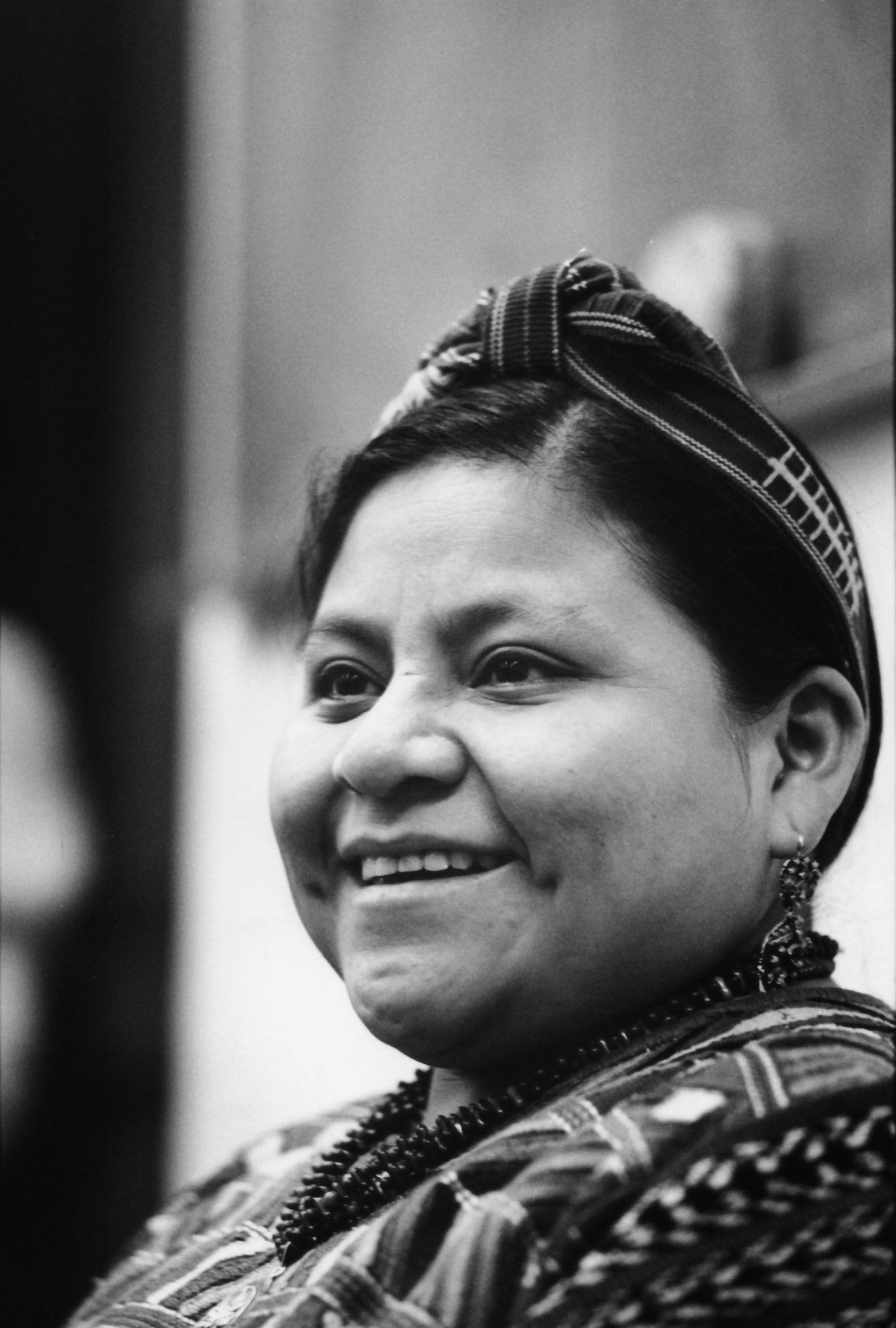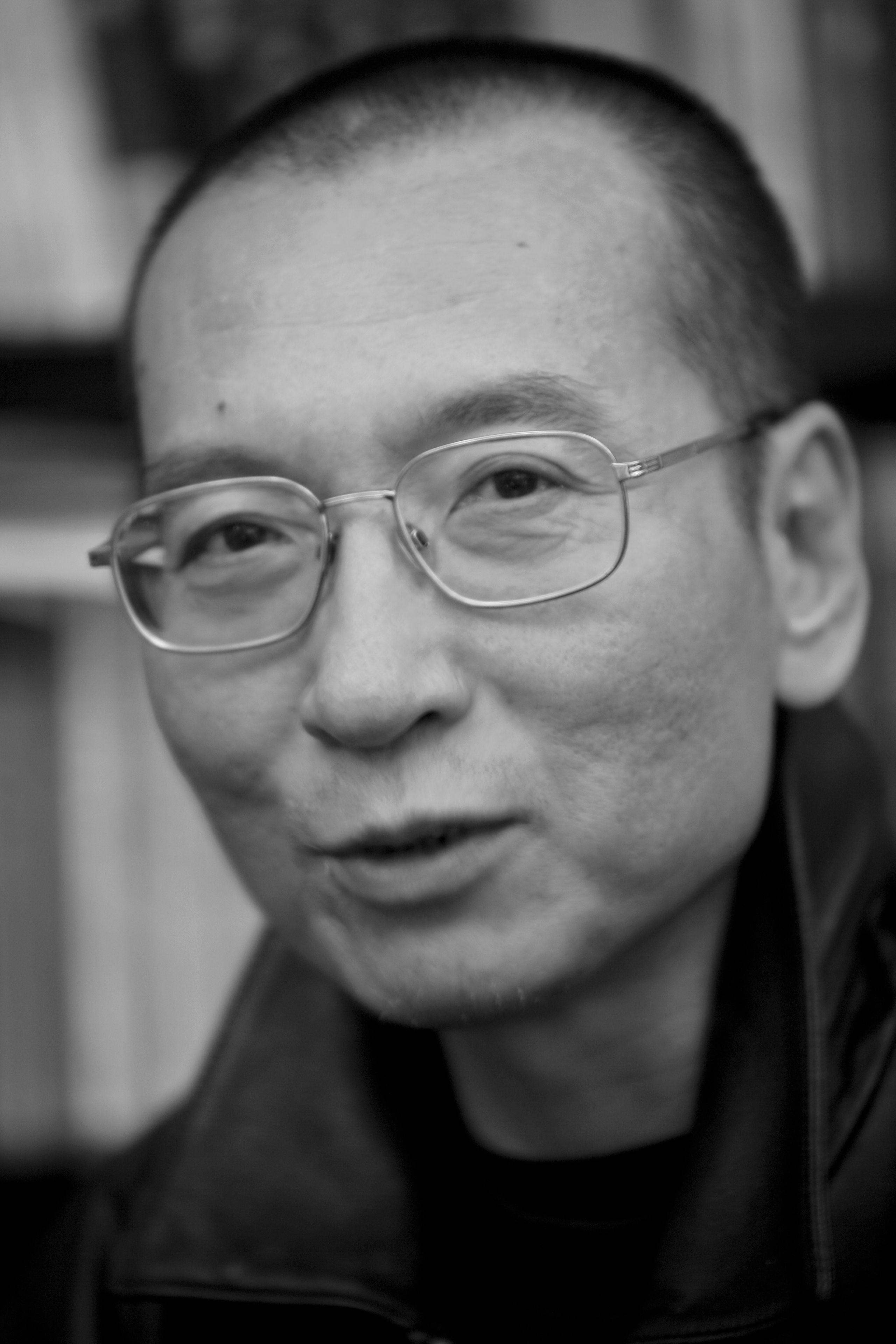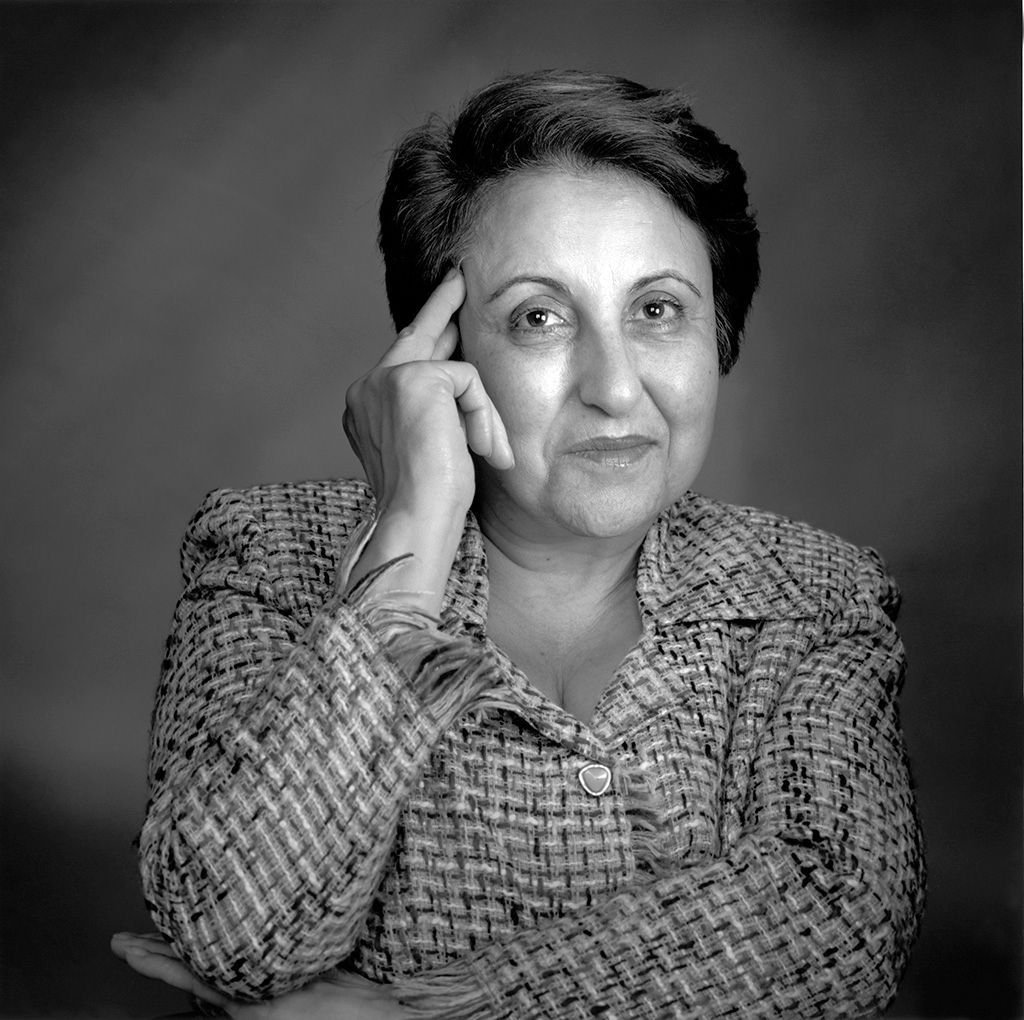Show your Pride
June is Pride Month and this year marks the 50th anniversary of the Stonewall Riots – the single most important event leading to the gay liberation movement and the fight for LGBTQ rights. It was the beginning of a human rights movement that is still very relevant today.
"I appeal to all governments and societies … to build a world where no one has to be afraid because of their sexual orientation or gender identity"
According to the United Nations, more than a third of the world’s countries criminalize same-sex relationships, entrenching prejudice and putting millions of people at risk of blackmail, arrest and imprisonment. Intersex children are often subjected to unnecessary surgery, causing physical and psychological pain and suffering. A large number of countries force transgender people to undergo medical treatments, sterilization or go through other difficult trials before they can obtain legal recognition of their gender identity.
Universal Declaration of Human Rights
The first article of the Universal Declaration of Human Rights reads:
“All human beings are born free and equal in dignity and rights.”
One of driving forces behind the UN Commission that drew up the Universal Declaration of 1948 was René Cassin. Cassin focused on the importance of universality, as the declaration would apply to all people on earth, regardless of the regimes under which they lived. “The other salient characteristic of the Declaration is its universality: it applies to all human beings without any discrimination…” René Cassin said during his Nobel Lecture, after receiving the 1968 Nobel Peace Prize.
LGBTQ and human rights
In 2011, the fight for LGBTQ human rights took a large step in the right direction when Nobel Peace Prize laureate and former US President Barack Obama released a Presidential Directive on LGBTQ rights. The Directive was followed by US Secretary of State Hillary Clinton´s speech on human rights at the United Nations in Geneva, Switzerland:
Like being a woman, like being a racial, religious, tribal, or ethnic minority, being LGBT does not make you less human. And that is why gay rights are human rights, and human rights are gay rights
The UN is calling for equal rights and fair treatment for lesbian, gay, bi, trans and intersex people worldwide. But, according to a 2019 report issued by the International Lesbian, Gay, Bisexual, Trans and Intersex Association, only 5% of UN member states have written into their constitutions that sexual orientation-based discrimination is not allowed. In other words, the world has still a long way to go.
Eight years have passed since Clinton´s fiery speech in Geneva, and Kenneth Roth, Executive Director of Human Rights Watch, described 2019 as a dark time for human rights. Yet, he states that the defenders of human rights and democracy are also gaining strength – and that is a good reason for us to look back on some of the defenders that have safeguarded your rights or fought to gain them.
Amnesty International
Amnesty International was awarded the 1977 Nobel Peace Prize for its work to uncover violations of human rights and support prisoners of conscience. The Norwegian Nobel Committee emphasized that the organization had fought to uphold human dignity, and had given practical, humanitarian and unpartisan support to people who had been imprisoned because of their race, religion or political convictions.
“Better to light a candle than curse the darkness.”
Chinese proverb, inspiration for Amnesty International´s logo, designed by Diana Redhouse (1923-2007)
Rigoberta Menchú Tum
Rigoberta Menchú Tum was awarded the 1992 Nobel Peace Prize for her struggle for social justice and reconciliation based on respect for the rights of indigenous peoples. Menchu was later appointed UN ambassador for indigenous populations and she has become a unifying symbol of success to native people in the Americas. Her achievements encourage all indigenous women to hold their heads high.
"I wish that a conscious sense of peace and a feeling of human solidarity would develop in all peoples, which would open new relationships of respect and equality for the next millennium, to be ruled by fraternity and not by cruel conflicts."
Liu Xiaobo
Liu Xiaobo was awarded the 2010 Nobel Peace Prize for his long and non-violent struggle for fundamental human rights in China. He was jailed for 21 months after the 1989 Tiananmen Square massacre for his role in supporting students who had taken part in the peaceful protests. He was imprisoned again in a labor-camp from 1996 to 1999 for criticizing China's policies toward Taiwan and Tibet’s spiritual leader the 14th Dalai Lama.
Soon after the Peace Prize announcement, Chinese authorities in Beijing denounced the Prize, saying: «Liu Xiaobo is a criminal who violated Chinese law. It is a complete violation of the principles of the Prize and an insult to the Peace Prize itself for the Nobel Committee to award the prize to such a person. » Liu was serving a sentence for «inciting subversion of state power» when the announcement of the 2010 Nobel Peace Prize was made. Liu constantly denied the charges. "Opposition is not the same as undermining", he pointed out.
Shirin Ebadi
Shirin Ebadi was awarded the 2003 Nobel Peace Prize for her efforts for democracy and human rights, especially for the rights of women and children. Ebadi was Iran’s first female judge, but she was dismissed from her post in 1979 after the Iranian Revolution. In 2000, she was arrested because of her criticism of the regime. After she received the Peace Prize, Shirin Ebadi continued to defend people who were persecuted by the Iranian regime, but at a cost. In 2008, the Iranian authorities closed down Ebadi’s center for human rights and she left for exile in the United Kingdom.
Show Your Pride
Liu Xiaobo and Shirin Ebadi’s personal sacrifices, Rigoberta Menchú Tum’s struggle, and the ongoing work of Amnesty International, have not been in vain. These relentless human rights advocates have made a positive impact, showing all of us the way ahead. The Nobel Peace Prize is a celebration of their accomplishments and a reminder that human rights are something we should all fight for, regardless of the month.
We need to celebrate LGBTQ people’s right to be their authentic selves. We need to celebrate allies who enable LGBTQ people to realize and achieve their full potential. And we need to celebrate organizations and persons who act as agents and advocates for positive change in the world. So, show your pride - if you have the privilege to do so. Do it for those who can’t and remember how much it cost to come this far.
Del:


